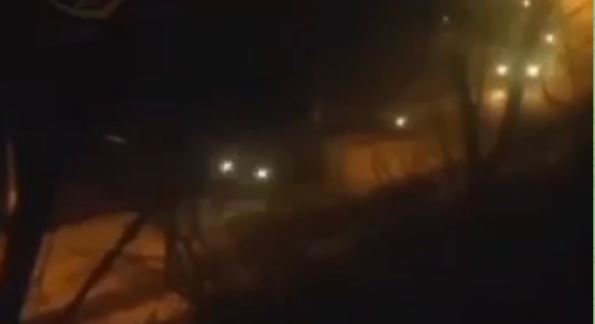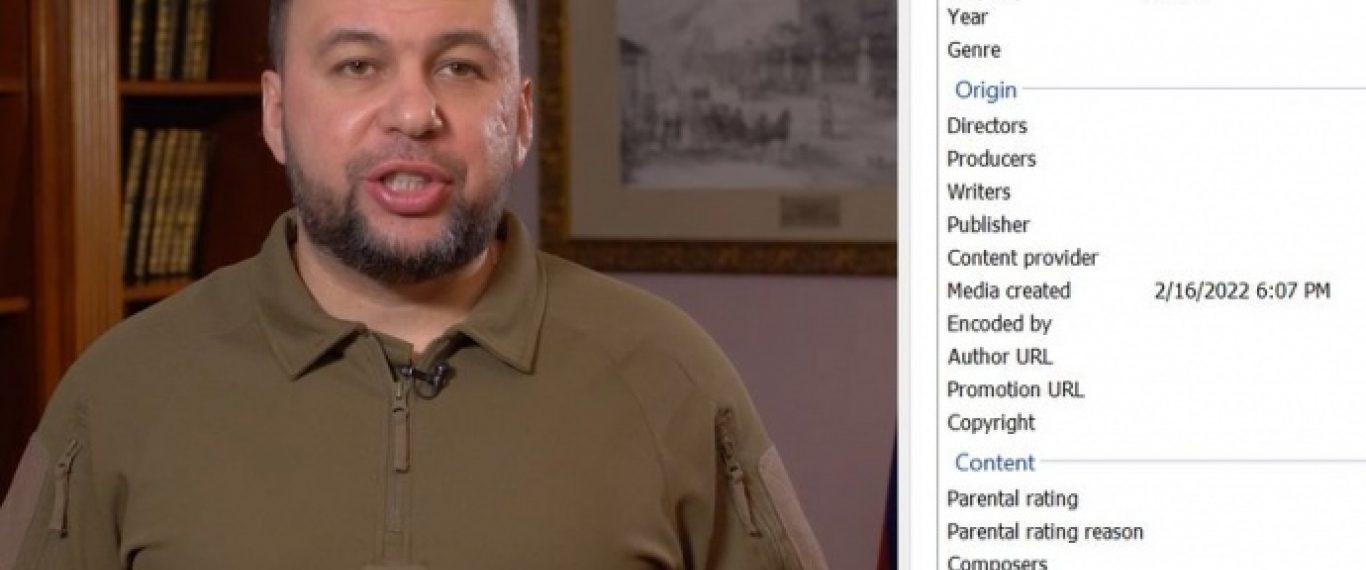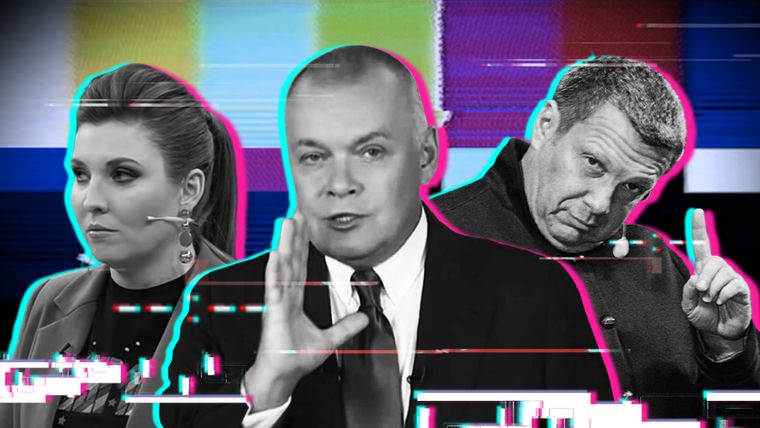Two weeks ago, Russia has renewed its war against Ukraine. Russian invaders target not only the Ukrainian military but also non-combatants, including unarmed women and children. On the 9th of March, Russian forces bombed a maternity ward in Mariupol, a city that now seems to be completely surrounded by the invaders. A few days ago, the World Health Organisation confirmed 18 Russian attacks against Ukrainian hospitals, ambulances, and health workers. That in addition to the regular and – as we now know – intentional attacks on residential buildings and social infrastructure.
The volume of human suffering that Russian invaders unleashed is difficult to process. The last time Ukraine had an experience similar to what is happening today was in the beginning of the 1940s during the Nazi invasion. During the Second World War, Ukrainian soil was drenched with Ukrainian blood, but after the Nazis were forced out of the country, their communist twins followed in the footsteps of the Third Reich.
According to the United Nations’ legal definition of genocide, “genocide” means “acts committed with intent to destroy, in whole or in part, a national, ethnical, racial or religious group, as such.”
The Ukrainian nation is an eyesore to Putin’s regime. Russian elites refer to Ukraine as “anti-Russia.” What they mean by this is that Ukraine, while being a country culturally similar to Russia, offers a socio-political perspective that is radically different from the backward civilisational worldview of the Kremlin leadership. Ukraine’s political project and its liberal modernist drive undermine the very foundations of the Putin regime.
Ukraine is “anti-Russia” in the sense articulated by Kremlin propagandists: “There’s Putin, there’s Russia. No Putin, no Russia.”
And now, like a wicked magician, Putin wants to turn his words into reality and eradicate the Ukrainian nation.
It is either his regime and his legacy, or Ukraine.
“Neither can live while the other survives,” as J.K. Rowling put it in her fantasy novels.
So the Kremlin’s plan is as follows:
- to kill as many defenders of Ukraine as possible to destroy the Ukrainians’ will to resist;
- to force other Ukrainians with a strong sense of national identity to leave Ukraine and seek refuge in other countries;
- to subdue the remaining people and supress their ethnic self-awareness;
- to repopulate Ukraine with people from Russia, preferably with representatives of non-Slavic communities that would have no emotional or historical connection to Ukrainian culture and traditions.
That is called genocide of Ukrainians, the final solution of the Ukrainian question.
Russia is increasingly isolated in the world, while Ukraine enjoys overwhelming international support. Not only Western governments assist Ukraine in its existential struggle against the Russian genocidal invasion, but also thousands if not hundreds of thousands of civil society initiatives, ranging from most generous humanitarian assistance to brilliant hacktivist operations.
And unlike in 2014, when Russia annexed Crimea and invaded parts of eastern Ukraine, Russia has now completely lost the information war. No sane person believes Russia’s lies anymore.
Russia's upcoming counterattacks in the information war against Ukraine
The current strategy of the Kremlin in the international arena is not to justify the Russian invasion of Ukraine. They will of course continue to insolently lie about the genocidal war they are waging in Ukraine. Russian war criminal foreign minister Sergey Lavrov even went so far as to say that Russia did not invade Ukraine.
But this is not the main strategy because no one believes their explanations anyway.
The Kremlin disinformation machine now works tirelessly to push this narrative by inventing false stories about Ukrainians planning chemical, biological and nuclear attacks. These disinformation narratives may aim at creating an information environment for false-flag operations to accuse Ukraine of war crimes.
Yet another tactic that Moscow uses to promote the idea that Russia is on a par with Ukraine is the cynical suggestion that so-called ordinary Russians are victims of the war too. This narrative seeks to convince Western societies that it is ordinary citizens of both Ukraine and Russia who are suffering from the war started by politicians.
Naturally, the Kremlin promotes this idea covertly, as its target audience is people critical of the Putin regime. Nevertheless, this idea works to advance the Kremlin's foreign policy interests, and it is important to watch who is pushing it.
And as for the so-called “ordinary Russian people”. Let me give you a quote from a message of one Russian friend who recently left Russia as she could not stand the life there anymore.
“This is not the future I wanted when I’ve been joining anti-war protests all these years. I never voted for Putin but I always loved my country, as I always thought that Russia was its people, and people were not Putin. But this monstrous war shed light upon the reality, removed my rose-colored glasses. I thought there were many of us who dreamt of living in a free Russia, but it turned out that we were not only a small group – we were only a few people. The majority of those living in Russia – even if they didn’t vote for Putin – don’t want to see the reality, don’t want to grasp the situation – they keep on living their easy lives, partying, enjoying tasty food, having fun, and accusing Europe and America of all the bad things. I left Russia to remain human.”
Related:
- Putin has started “solving the Ukrainian question”
- Why Russia attacked Ukraine
- Nearly 60% of Russians support Putin’s war against Ukraine
- What Russians think about Russia’s war in Ukraine: video
- Amplify Ukrainian voices, not Russian ones





